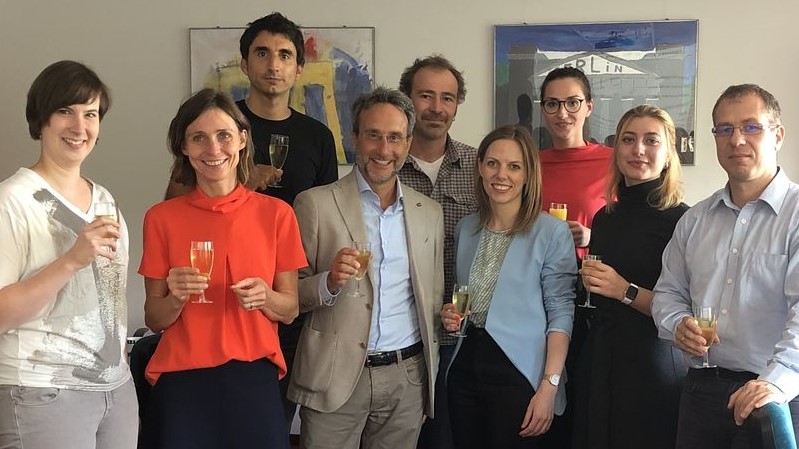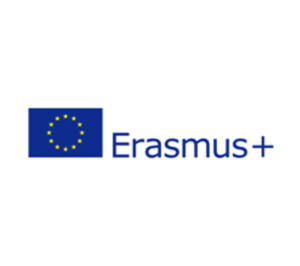
The UNESCO took up the idea of shaping our world through how we educate the individuals of tomorrow by promoting the concepts of “Education for Sustainability”. At the same time the PRME initiative of the UN Global Compact formulates six principles that higher education institutions should follow in order to support the formation of responsible future managers. There is an increasing number of teaching approaches that are designed with the aim of increasing awareness for CSR, changing attitudes and influencing behaviour of individuals. However, tools for controlling the effectiveness of both the general approaches of higher education institutions as well as the specific teaching concepts are missing.
The objective of the 3-year EFFORT project is therefore to develop tools and guidelines that support higher education institutions to increase the effectiveness and quality of sustainability-, ethics- and/or CSR-related teaching (in the following referred to as CSR-/sustainability-related teaching). The expected results consist of a tool for controlling the effectiveness of teaching formats (IO1), a Handbook/Toolbox presenting a systematically structured overview on currently existing innovative CSR-/sustainability-related teaching concepts/courses (IO2), a self-evaluation tool allowing higher education institutions to benchmark themselves against other institutions (IO3), a number of new innovative teaching formats (IO4 – IO6) as well as a statistical analysis report (IO7) and a guideline (IO8) that shed light on which attributes of teaching concepts are most effective for educating responsible business leaders.
Different target groups are addressed by the project. Main targets are higher education institutions (governing and administrative bodies, lecturers, technicians etc.) and their stakeholders (first and foremost the students, but also companies, regional/local/national governments, NGOs etc.). These target groups are addressed by facilitating high quality CSR-/sustainability-related education (HEI and other providers of vocational training and teaching) and increasing the awareness for sustainability challenges and the ways how to address them.
The six partners are unified by the idea that CSR-/sustainability-related education is an important challenge of the future and need to be integrated holistically into policies and teaching of higher education institutions. They all have been active in different areas of sustainability education and partly have been working together in projects beforehand. Each partner bears a specific responsibility within the project, but is also co-responsible for the work packages and intellectual outputs generated by the other partners. The two associated partners (Principles of Responsible Management Education (PRME) initiative and the Centre for Responsible Citizenship and Sustainability – Murdoch University) contribute with expert knowledge and for dissemination of the results.
Regular project meetings should ensure the progress of the project and the contribution of each partner to the different intellectual outputs.

Want to get more information?
Visit the EFFORT project Homepage here.
Research
IO1 – Controlling Tool
IO7 – Statistical Analysis Report
Training material development: Innovative Teaching Formats
IO4 – Innovative Teaching Format 1
IO5 – Innovative Teaching Format 2
IO6 – Innovative Teaching Format 3
Tools & Information Materials for Higher Education Institutions
IO2 – Handbook/Toolbox
IO3 – Self-Evaluation Tool
IO8 – Guideline
Multiplier events and dissemination materials
Piloting of the teaching formats in the partner countries
Multiplier events – Workshops and conferences in partner countries
Dissemination materials – Project flyers, Website,…

This project has been funded with support from the European Commission.
The European Commission support for the production of this publication does not constitute endorsement of the contents which reflects the views only of the authors, and the Commission cannot be held responsible for any use which may be made of the information contained therein.